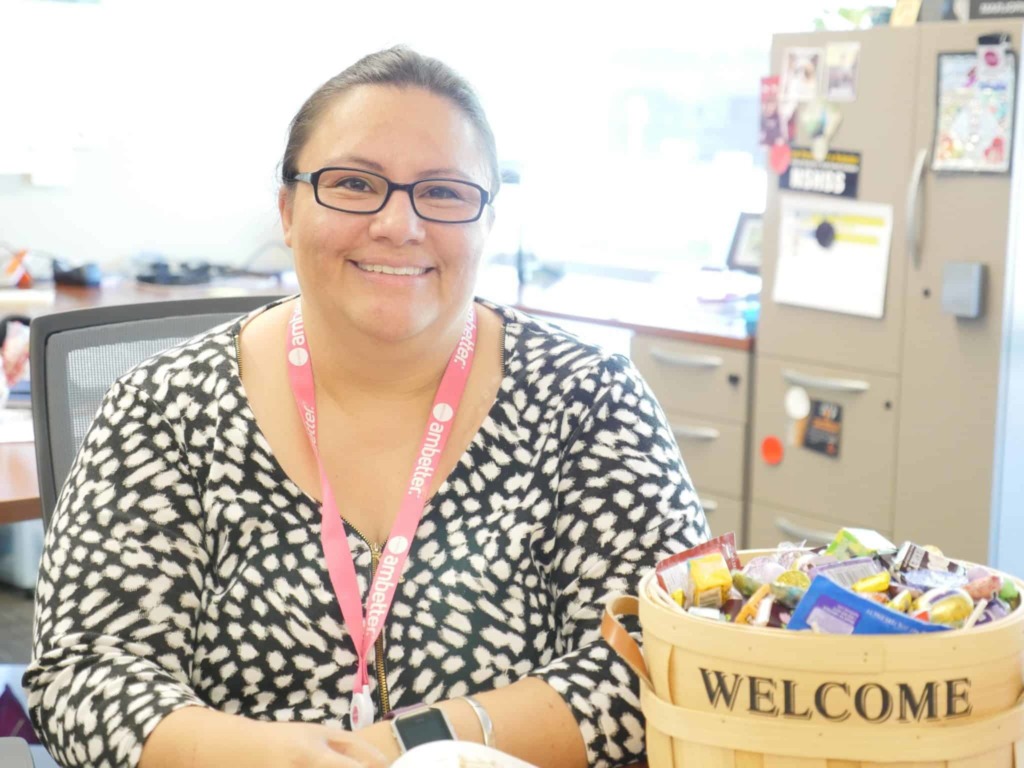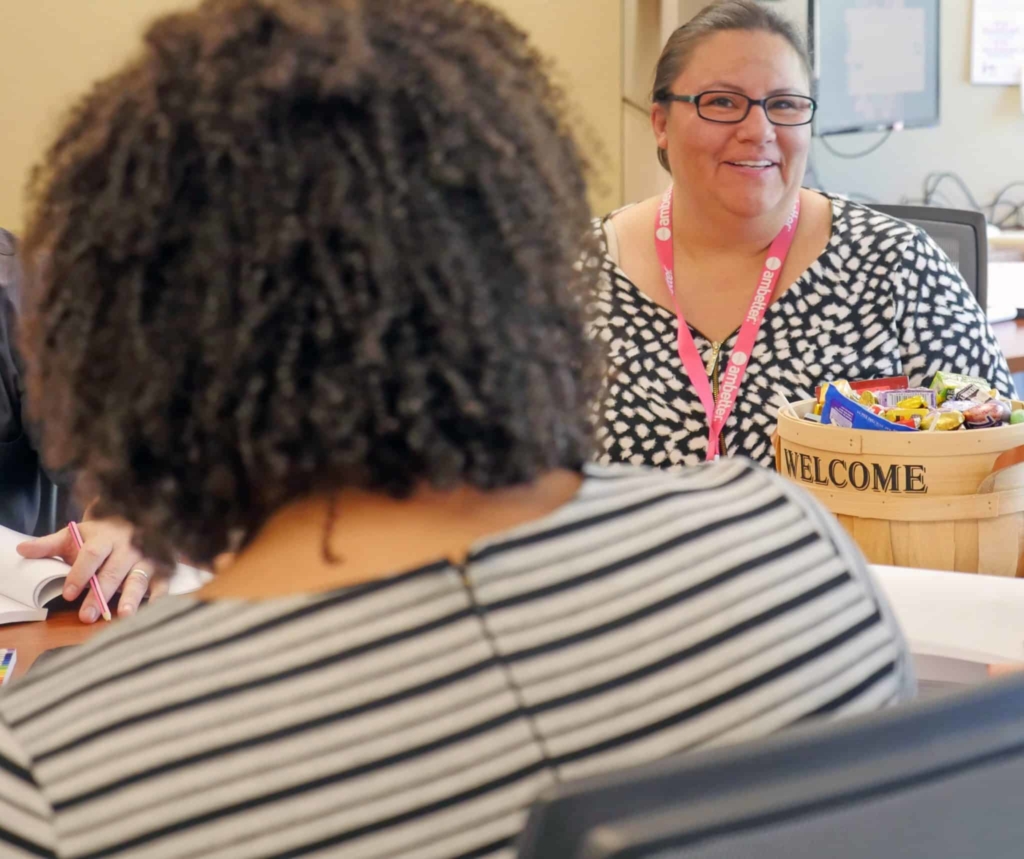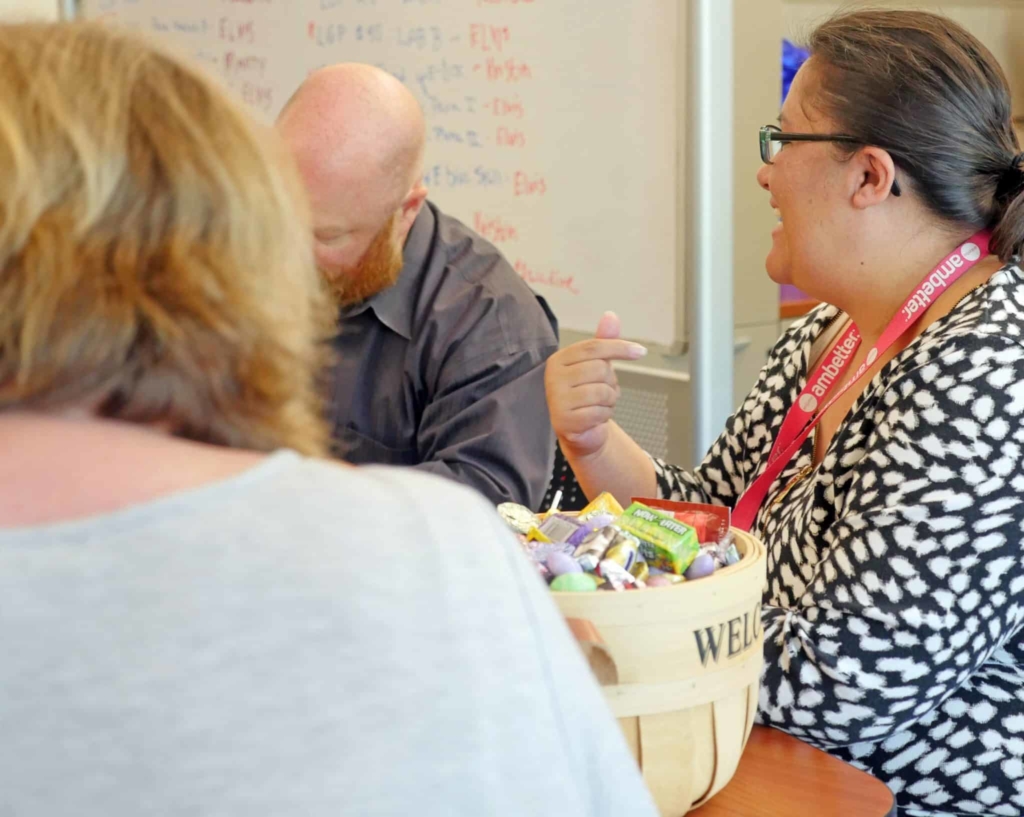Medical billing and coding schools train students in several different competencies on how to be successful in medical billing and coding careers. This post will educate you about our medical billing and coding program and career options.
Medical Billing and Coding careers are projected to grow 13% over the next decade. According to the Bureau of Labor Statistics “An aging population will require more medical services, and health information technicians will be needed to organize and manage the older generations’ health information data. This will mean more claims for reimbursement from insurance companies.” That’s music to the ears for anyone looking to get into the medical billing and coding career field at a medical billing and coding school.
Bryan University’s Medical Billing and Coding career program stack can get you on the fast track to a career in this growing field.
Bryan University’s Healthcare Program Director, Marjorie Rosen, sat down to speak more about a medical billing and coding career and how a medical billing and coding school like Bryan University can get you on the path to success.

Q: Can you give us an overview of what a medical billing and coding career looks like?
A: Medical billing deals with and puts together claims for patients that have come into a facility and sends those claims to the insurance companies for payment. In billing it’s really about the chase. It’s about talking to the insurance companies, talking to the physicians, and talking to the payers to find out how the medical facility is going to get paid.
Medical coding is used to get that claim paid. Medical coders investigate the medical records and find out what the physicians diagnosed, the procedures that were done, and what supplies were used. Medical coders must know terms like “inpatient” and “outpatient.” They have to understand what the rules and regulations are for hospitals, clinics, physicians’ offices, surgery centers and for medical devices. Coders are investigators that figure out what happened in the visit and then be able to turn that encounter into numbers and codes that insurances can read.
Bryan University is a medical billing and coding school that provides training to students in both of these critical areas of healthcare.
Q: How do you think learning medical billing and coding can advance a health care career?
Marjorie: Medical billing and coding schools are a stepping stone to the entire world of healthcare. Medical billing and coding are part of the revenue cycle process or management. Basically, this is where revenue comes in. Once you understand the business side of health care you can go into other areas like privacy, cyber-security, data information or medical records or clinical documentation specialists.
Q: How long would it take for somebody to enter the medical billing and coding career field and then find another path from there?
A: A medical billing and coding program can be done in less than a year, but when trying to enter the work place it can be challenging. A medical biller can get a job faster than a coder. So you may want to enter the field from the medical biller side and then after a year of billing go into coding; some coders stay in coding for the long run.
Q: What are some key components that healthcare employers look for in a medical biller or coder when they first start their career?
A: When they first start out, people lack accuracy. Learning to correctly identify key words and doing it quickly and correctly. Abstracting and sequencing is one of the huge pieces that’s hard for people to do. In school you may have to code 60, 70, maybe 80 records in an entire week. But in the field they give you six months to ramp up so you start from 40 in a day to 80 in a day by the time you’re done after six months.
You have quotas in the field and it means you have to put in the hours to get it done. It’s not, well I’m going to log on and do some work, then go get that cup of coffee, then go check on the kids, then log on and work a little bit more. You really have to be focused, productive and work efficiently.

Q: Can you talk me through a typical record the biller or coder works on?
A: A record that’s from an outpatient facility or a physician’s office is going to look very different than a medical record from a hospital. The physician’s medical record is super easy. You usually have the administrative side and you have your clinical side. The administrative side tends to have the intake for what your insurance and your co-payments are and help if you must have a referral to somebody else.
On the clinical side it is the nurses’ notes the doctors’ notes for the lab reports if you had a visit to the to the hospital or if you had a visit to a surgery center. This side keeps records of everything where ever you went so that when a doctor looks at your file they’re basically taking a picture of everything that’s happened to you. They know when you come in with a rash that this rash is new or it’s a rash from three months ago.
In the hospital side of it there’s probably 10 to 12 different tabs versus just two tabs because there are so many other departments and each department has to maintain their own piece as a part of a whole record.
Q: What kind of skills do employers look for in medical billers and coders?
A: One skill is the ability to type over 35 words per minute and that’s a big aspect of it – some actually require 45 words per minute. They also require 10-key typing. Another technical piece is working with digital encoders. At a medical billing and coding school like Bryan University, we use the 3M coding system which is the largest in the world for coding. Knowing how to do that digitally is an important piece. Being able to navigate through a medical record and the different parts and to pull out what you need.
Another skill is the ability to meet deadlines. It’s a big one because you always have quotas and you’ve got to ramp up. Another skill would be knowing how to use all the reference manuals. It’s a big one. We have four different reference manuals that we use, including ICD 10 CM Clinical Modification. We also use something called ICD-PCS which is for hospital inpatient procedures, along with the CPT manual for outpatient procedures. Finally, we use the HCPCS code book. One other important competency is physiology because in order to code procedures you have to know how the body works. You have to know what a procedure looks like and what approach they used to perform it.
Q: What are some of the additional technical skills for that medical billers and coders need?
A: Accuracy in spelling is a big one for employers because a more frequent mistake that we find is typos in a patient’s name. If this occurs, the healthcare facility will not get paid. Another example is a mistake in using the 10-key. Maybe it was supposed to be 491 and they mistakenly put 419, in which case the wrong procedure will get coded. Another skill is patience. You’re dealing with payers all day long and insurance companies and you will sometimes get rejected.
Q: What about soft skills?
A: An important soft skill is being detail-oriented because of how precise they must be with all the things they need to figure out. Also, having an inquisitive nature is also important because they are constantly trying to figure out is there more to this? Should we look deeper into this? Is there anything else that we are missing and we can capture?
Also, outside-of-the-box thinking. Sometimes you come across a problem or a record that you just can’t wrap your head around. You just have to step away from it and look at it from a different angle. Kind of like stepping away from the problem and looking at it completely different.
Logical reasoning is another skill needed in terms of being able to realize how one thing affects something else, which in turn affects something else. So, if you do this, that means that x y z is going to be affected.

Marjorie went on to say that the faculty in Bryan University’s healthcare programs all have real world experience within the medical and healthcare fields. Students learn real life skills and can apply those skills on day one of their job in healthcare.
The prospects for medical billing and coding careers, in addition to health information technology careers, are projected to be very good for the next decade. The U.S. Bureau of Labor Statistics states: “Additional records, coupled with widespread use of electronic health records (EHRs) by all types of healthcare providers, will lead to an increased need for technicians to organize and manage the associated information in all areas of the healthcare industry.”
As a medical billing and coding school that provides students an excellent educational experience, it’s great to know that Bryan University students who graduate from the healthcare programs should find those job prospects enticing and exciting.
If you are not a student, but are thinking of a career in medical billing and coding, what are you waiting for? Contact us and set up a time to speak with one of our admissions representatives to learn about why Bryan University excels as a medical billing and coding school. Or, check out program options at Bryan University:
Terms of submitting this form: I agree that Bryan University may contact me regarding educational services via email, telephone, SMS text message, or automated technology at the email address and phone numbers provided. Message and data rates may apply. Message frequency may vary. Text STOP to cancel anytime. This consent is not required to enroll. For questions, call 1-888-768-6861. Visit our Privacy Policy.